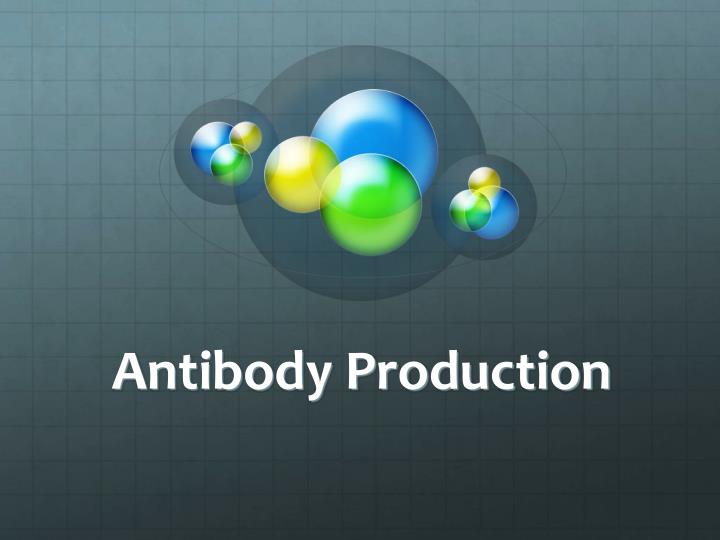I Popped a Pimple and Something Hard Came Out: What Does It Mean?

Contents
- 1 What Are Pimples?
- 2 What Happens When You Pop a Pimple?
- 3 What Is the Hard Substance That Comes Out of Pimples?
- 4 Why Do Pimples Form Hard Substances?
- 5 How to Treat Pimples to Avoid Hard Substances
- 6 How to Safely Pop a Pimple
- 7 Possible Complications of Pimple Popping
- 8 Home Remedies for Pimples
- 9 Summary
- 10 FAQs
What Are Pimples?
A pimple is a small pustule or papule that forms on the skin. They are typically caused by inflammation of the sebaceous glands, which produce oil to lubricate the skin. When these glands become clogged with oil, dead skin cells, and bacteria, they can become inflamed, forming a pimple.
What Happens When You Pop a Pimple?
When you pop a pimple, you break open the inflamed pore, allowing the pus to escape. While popping a pimple can be tempting, it is not recommended because it can cause further inflammation, infection, and scarring.
What Is the Hard Substance That Comes Out of Pimples?
A pimple’s hard substance is typically a mixture of dead skin cells, oil, and bacteria. This substance can be white or yellowish and may have a foul odor.
Why Do Pimples Form Hard Substances?
Pimples can form hard substances for several reasons. One reason is that the sebum and dead skin cells trapped inside the pore can harden over time. Additionally, the bacteria in the pimple can release enzymes that cause the pus to solidify.
How to Treat Pimples to Avoid Hard Substances
The best way to avoid hard substances in pimples is to prevent them from forming in the first place. This can be achieved by keeping the skin clean and avoiding harsh soaps and skin care products that can irritate the skin.
If you do develop a pimple, several over-the-counter treatments can help. These include topical creams and gels that contain benzoyl peroxide or salicylic acid. These medications work by unclogging pores, killing bacteria, and reducing inflammation.
How to Safely Pop a Pimple
While it is not recommended to pop pimples, if you do so, it is important to do it safely to minimize the risk of infection and scarring. Here are some tips for safe pimple popping:
- Wash your hands thoroughly before touching your face.
- Sterilize a needle or pin with rubbing alcohol.
- Gently prick the pimple with the needle or pin.
- Use clean hands or tissue to apply pressure around the pimple.
- Do not squeeze or pick at the pimple.
- Clean the area with rubbing alcohol after popping the pimple.
- When to See a Dermatologist
If you have frequent or severe acne, it is recommended to see a dermatologist. They can prescribe stronger medications to help clear acne, such as antibiotics or retinoids. A dermatologist can also help you determine the underlying cause of your acne and develop a personalized treatment plan.
Possible Complications of Pimple Popping
Pimple popping can lead to several complications, including:
- Infection: Popping a pimple can introduce bacteria into the open wound, leading to an infection.
- Scarring: Picking at a pimple can damage the skin, leading to scarring.
- Spreading of acne: Squeezing a pimple can cause the bacteria to spread to other areas of the skin, leading to more pimples.
Home Remedies for Pimples
Several home remedies can help reduce the inflammation and redness associated with pimples. These include:
- Applying a warm compress to the affected area
- Using tea tree oil or witch hazel as a natural astringent
- Applying aloe vera gel to soothe and moisturize the skin
- Avoiding oily or greasy foods, which can exacerbate acne
It is important to note that while home remedies can help reduce symptoms, they are not a substitute for medical treatment.
Summary
Pimples are a common skin problem caused by clogged sebaceous glands. When pimples are popped, a hard substance of dead skin cells, oil, and bacteria may come out. While it is not recommended to pop pimples, if you do so, it is important to do it safely to minimize the risk of infection and scarring. It is important to keep the skin clean and use appropriate skincare products to prevent pimples and hard substances from forming. If you have frequent or severe acne, seeing a dermatologist for medical treatment is recommended.
FAQs
Is it safe to pop a pimple at home?
While it is not recommended, if you decide to pop a pimple, it is important to do it safely to minimize the risk of infection and scarring.
What should I do if a pimple becomes infected?
If a pimple becomes infected, it is important to see a dermatologist, who can prescribe antibiotics or other medications to treat the infection.
Can eating certain foods cause pimples?
While there is no definitive evidence that specific foods cause pimples, some studies suggest that high-glycemic foods, such as sugary or processed foods, may exacerbate acne.
Can stress cause pimples?
Stress can increase oil production, leading to clogged pores and pimples.
Can applying toothpaste to a pimple help reduce its size?
While some people swear by using toothpaste as a spot treatment for pimples, no scientific evidence supports this claim. Sticking to proven acne treatments, such as benzoyl peroxide or salicylic acid is best.






